Getting Started in Homeschooling: Educational Philosophy
As an Amazon Associate I earn from qualifying purchases. For more details, please see our disclosure policy.
As you embark on teaching your kids at home, consider your homeschooling educational philosophy which will shape your curriculum and your school.
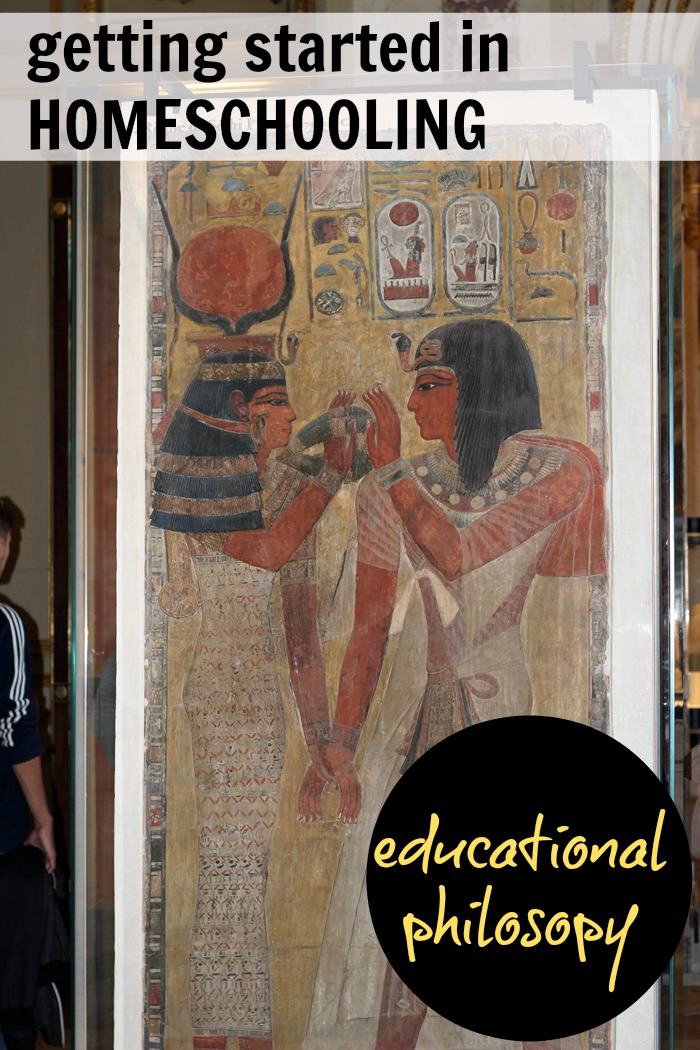
Want to save this post?
Enter your email below and get it sent straight to your inbox. Plus, I’ll send you time- and money-saving tips every week!
Homeschooling has been one of the richest experiences in my “life as MOM.” While I am not one to say that everyone should do it, I’m confident in saying that everyone can do it. If you want something bad enough, you can do anything.
A few years ago I wrote a series about getting started in homeschooling. It’s for anyone who is currently considering teaching their children at home, for those actively home educating who need a boost in the arm, and for those who are just curious about what goes on in the mind of a “homeschooling mom.”
This is part two of that series, updated for 2016. You can read the first post here if you missed it.
Find YOUR Way
First a disclaimer: I am not an expert. I’m just me. Quirky, freak of nature, me. I can’t say for positive what you should do, I can just say what works for me and my family.
FishPapa and I came to terms with the idea years ago that we are “men without a country”. We’ve had to learn things and explore opportunities and experiences that were not originally part of our family culture.
Hopefully, that will inspire you to explore uncharted waters or to cut a path that fits your family’s unique and wonderful make-up.
Our family has reaped the rewards of learning at home for the last 14 years. My oldest son turns fourteen in a few weeks just turned nineteen and is a sophomore in college. In August we’ll have two kids doing high school at home. It’s been a wild and crazy ride this decade and a half, but one that I’m thoroughly grateful for.
So, here’s my next bit of counsel once you’ve decided to take the plunge into homeschooling, or at least to investigate it further.
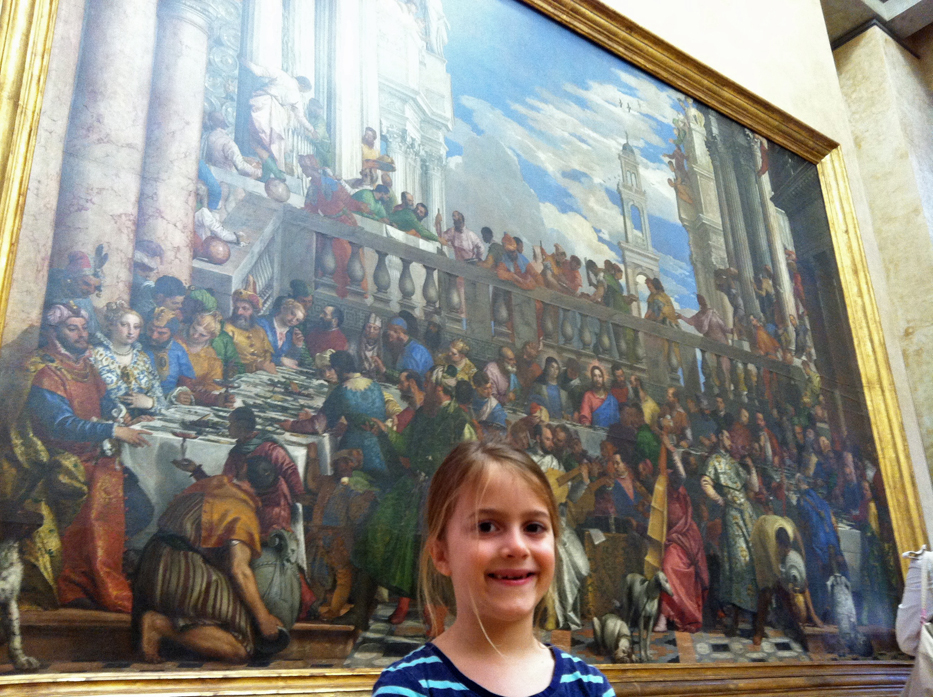
Determine your homeschooling educational philosophy
Despite what you might assume from watching TLC, there are a number of different ways to “do school at home.” Ours is just one among many. It’s in your best interests to find the approach that best fits YOU.
One of my pinnacle experiences at the start of my homeschooling journey was reading a number of books about how to approach homeschooling. Most of them are now out of print, but the one that most resonated with me was Recovering the Lost Tools of Learning by Douglas Wilson. I followed that with a reading (quickly from cover to cover) of The Well Trained Mind by Susan Wise Bauer and Jessie Wise.
Both discuss the benefits of classical education, the approach that we’ve found to best fit our family. The first book gave me the confidence to say, “Yes, this is for us!” while the latter helped me see how we could actually make it happen from kindergarten through high school.
Keep in mind that I did this reading back in 1998 and 1999, so there are lots of different resources out there to help you navigate the homeschooling waters. The 4th edition of The Well-Trained Mind is now available for pre-order. And yes, I’ve ordered it already as it’s updated with current curriculum recommendations and cutting-edge info on math and sciences, an area where homeschoolers haven’t been historically strong.
(My youngest child is entering 3rd grade, so I’ve got about ten more years to go!)
There are a number of educational philosophies out there, in both public and home education. Simple Homeschool did a great series on the different homeschooling philosophies that can help you get a view of the many options available to you. I highly suggest reading that over.
There are lots of different flavors to homeschooling. But, what you read is not always “the gospel truth.” So, dig a little deeper.
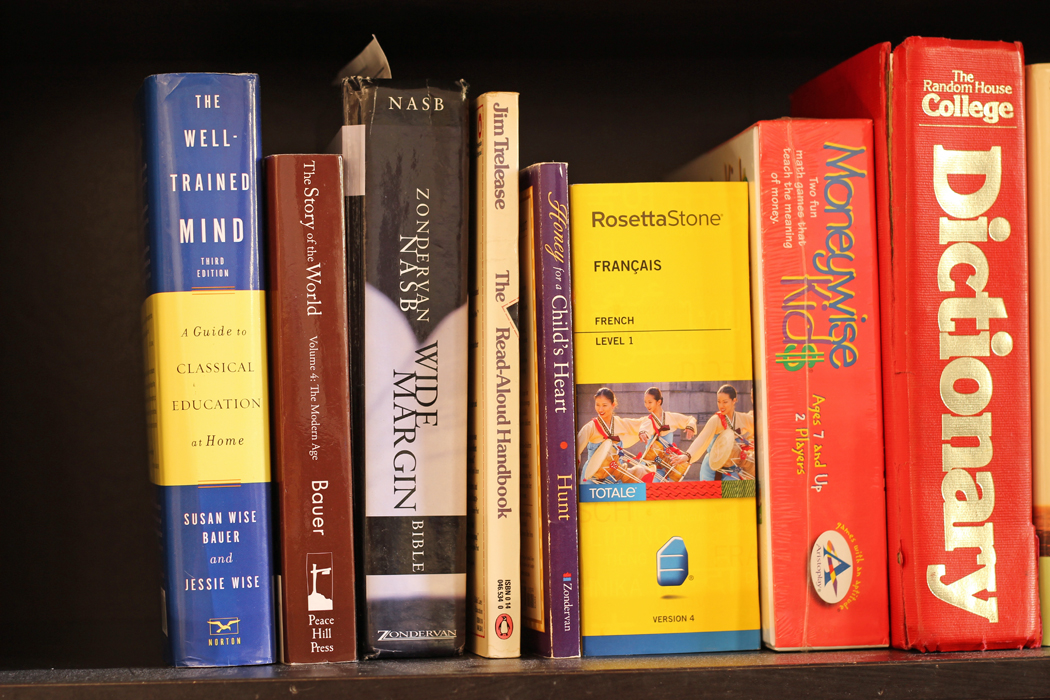
Read both sides of the issue.
There are many different approaches and philosophies to home education. After reading about the different methods, we settled “mostly” on classical with a little Charlotte Mason thrown in. The lines between approaches can be fuzzy, so don’t worry if you see overlap.
In recent years, I’ve referred to myself as a “classical unschooler” because while I love classical education, I don’t do everything by the book, and I don’t worry if we skip things or just spend a day reading.
As you research different approaches, be sure to read about each type of education from the perspective of its supporters. I found that on initially researching classical education, I read what the detractors said first. And as it turned out, they had put up a straw man argument to refute the method, rather than presenting a clear view of it.
If you’re going to research “unschooling” then read about it from John Holt’s perspective first so that you can see what it’s really about. He started the unschooling movement, so he should know what he’s talking about.
If you are looking into Charlotte Mason, then check out A Charlotte Mason Companion. (I read For the Children’s Sake which is also about the Charlotte Mason method, but I’ve heard that the Companion is a pinnacle tome on Charlotte Mason style.)
Susan Wise Bauer is a great voice for classical education and even hosts a forum for parents to ask and answer questions. She also wrote a book for adults in how to fill the gaps in their own educations.
Above all, don’t feel like you have to choose one or be an adamant supporter or detractor of any particular method. There are a wealth of ideas out there and you really can blend them into the perfect combination for your family.
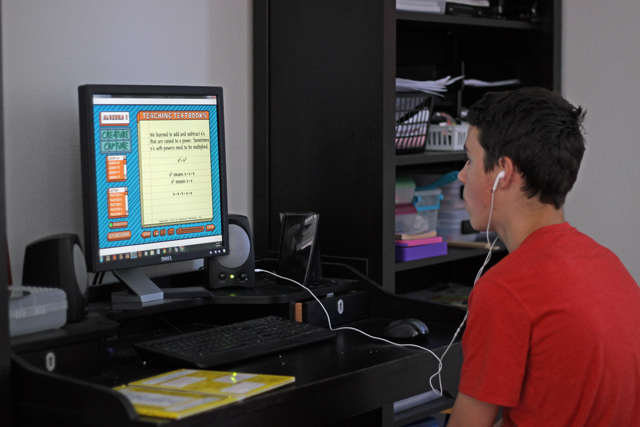
Read how real folks do it.
I wrote for Simple Homeschool for several years as a regular contributor — and it was a really fun experience. Not only did it kept me on my toes in terms of educational thoughts and ideas, but it’s exposed me to a range of approaches with which I previously had no experience.
Classical homeschoolers and unschoolers don’t often rub shoulders in real life. I’ve had some moms get real jumpy when I talk about school. I’ve learned so much about different ways to do things from folks who don’t do it exactly the way I do.
I’m encouraged and I gain perspective.
There are so many homeschooling blogs out there, that there is no shortage of information and real life experiences to take a gander at. Some of my favorite homeschool moms include FiveJs, FIMBY, Mt. Hope Chronicles, Raising Clovers, and Smockity Frocks.
Ask questions.
If you know other families who homeschool, invite them for dinner or arrange a park play day. Talk and ask as many questions as you can. Participate in forums, like this one. Read and comment on blogs, Facebook, or twitter. Attend a homeschooling conference.
There’s so much information available to you. And oftentimes, you just need to ask your question in order to find a number of different perspectives.
How did you determine your philosophy of education?
Tell us in the comments!
Coming Up Next: Choosing Curriculum
This post was originally published on May 25, 2011.

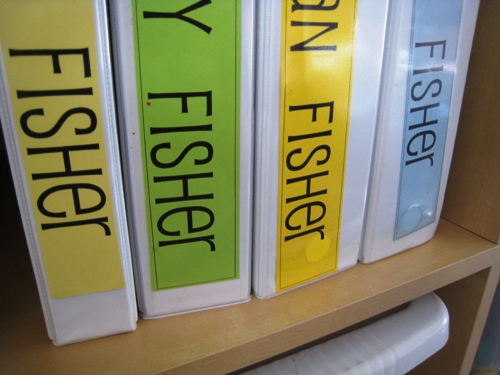
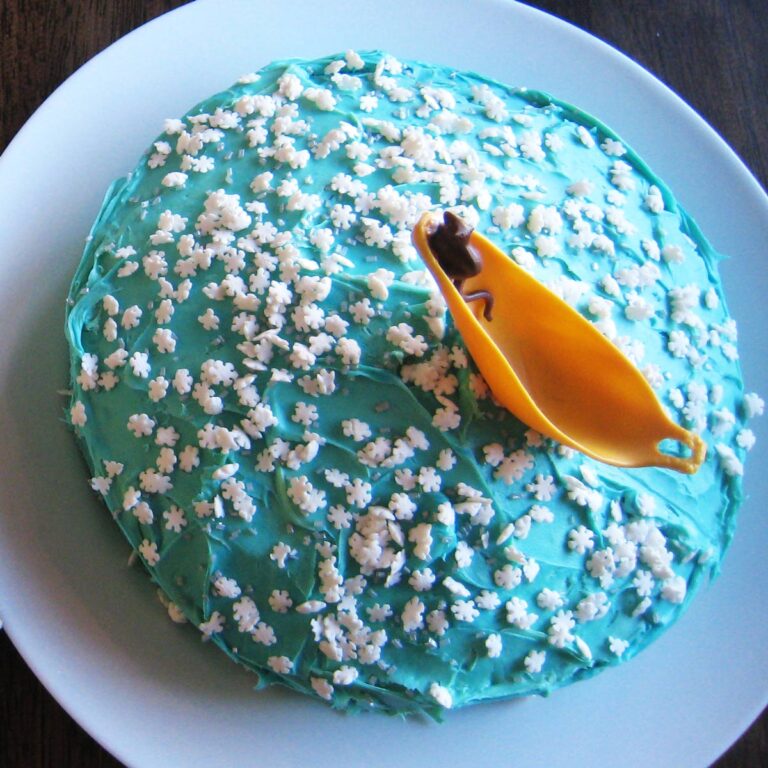
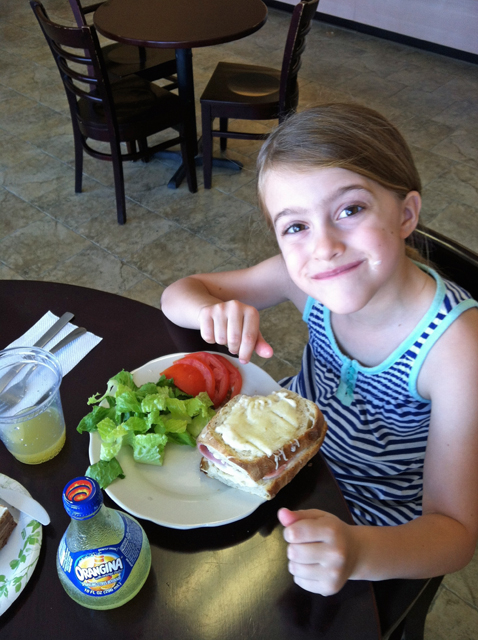
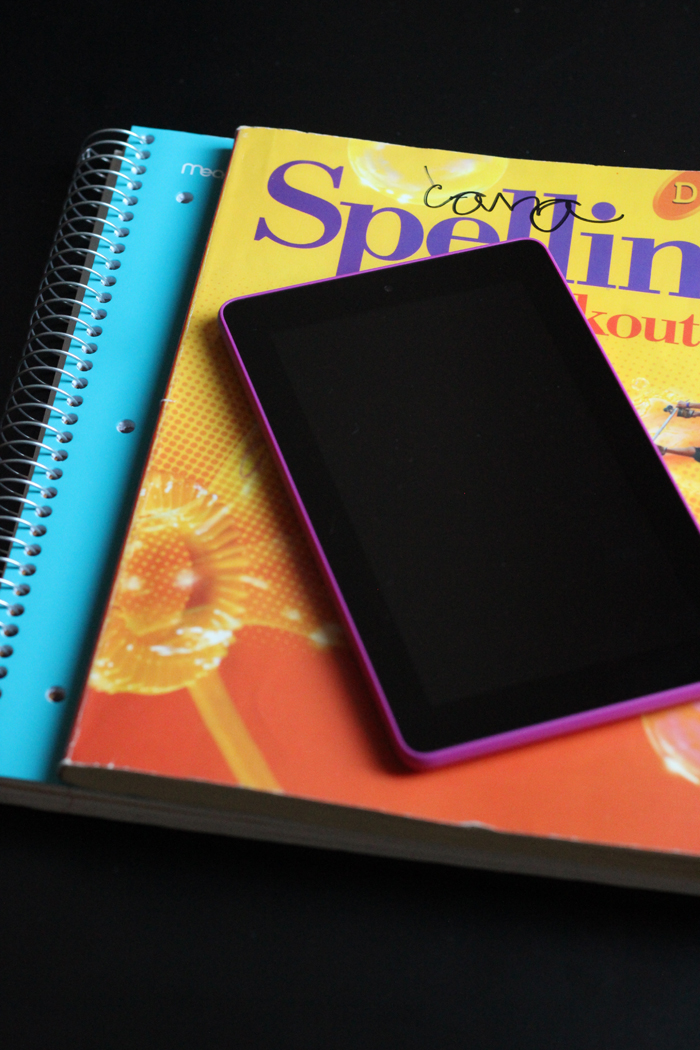

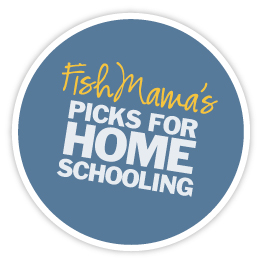
Love it! Our homeschool philosophy is that we want to teach our children to love to learn, teach them how to learn and provide an atmosphere for learning. No preset curriculum, few textbooks (if any) and plenty of learning through everyday life.
I saw this post linked in Simple Homeschool’s weekend links and clicked over. I’m just now starting to plan our first year of home (pre)schooling next year & am writing a series chronicling my own trials and errors in getting started – as I go, and without the filter of experience – so I’m glad to be able to add your series to my list of resources. 🙂 xo
Jessica, Thank you for the linky love!! How kind.
I just love you, as always. I have no philosophy (other than let’s just learn to read and add and stuff) and am heading to Simple Homeschool right now! Mine are going into 1st, 3rd and 5th, so I’d better get on the stick!
I have been following your blog daily for several months now and throughly enjoy it. Recently, I have been toyin with the idea of homeschooling my daughter (she is 4). Just last night I was praying for guidence if this is the avenue that I should pursue and then this morning, I log on and whammo…..hears your post! For my family it is either private schooling or homeschooling…..we just feel that the class sizes and with the many MANY cut backs in education that public school isn’t for us. So, in my efforts of trying to make this decision I appreciate a post like this to direct me on where to go to answer my (to many to number) questions. But, since I am trying to decide between the two, can anyone tell me……can I set the bar as high as that for homeschooling? Can I plan for private school level at a home school price? Any further help would be grately appreciated and I can then put a check beside on of my questions answered….lol. Love this post and your site……keep up the fantastic work!
@Amanda b, err….that would be “here is” not hears…..should have re-read before submitting. Sorry.
Hi, I think I am about to start the homeschooling journey. My oldest daughter Jade is going to turn four in August. I have been debating whether to send her to preschool or start her at home. In any case when she turns five I will definitely be starting homeschooling. Thanks for the information!
We use classical method and it works well for us. I am very interested in the form you have pictured under our well trained mind book – does that help you plan your schedule? Is there one available on your site? 🙂
@Cindy, yes! Those are here: http://lifeasmom.com/2010/08/homeschool-planning-putting-paperwork-and-plans-together.html
I’m so glad you think we’re a happy crew over at Simple Homeschool, Jessica! I couldn’t agree more, and I have the utmost respect for each and every incredible lady writing there.
I’m so glad you’re one of them!
Jamie
Love this post – and it is so true what you say about how there is a wealth of ideas out there and we should give ourselves permission to pick and choose and mix things up to best fit our children.
Thanks for the kind mention of RG, too 🙂
This made me laugh: “Classical homeschoolers and unschoolers don’t often rub shoulders in real life,” mostly because that is exactly where I find myself — somewhere between classical and unschooling.
It may seem like an odd combination, but I value the strengths of both and regularly look for ways to combine them.
So I guess you’d call me classical with a side of unschooling.
@Mandi @ Life Your Way,
Mandi, I am right there with you! My husband and I joke about how we don’t fit in–most of the classical homeschoolers we know are veeeerrry conservative religiously, and most of the unschoolers are very liberal religiously and political. We are pretty crunchy, and in my region at least that makes us the odd family out in homeschooling circles! Crunchy and classical just don’t mix around here.
I adore Susan Wise Bauer (I had her as a prof in college–I’m telling you, she is the real deal). Her Well Trained Mind was hugely inspiring to me for home education purposes, but as an individual she is an inspiration. She has a website and blog, too–I’d encourage anyone interested in homeschooling to check them out.
http://www.susanwisebauer.com/blog/
Me too! Are either of you in Iowa? 😉 I’m not sure how classical and unschooling work together, but somehow we’re making it fit in our home, too.